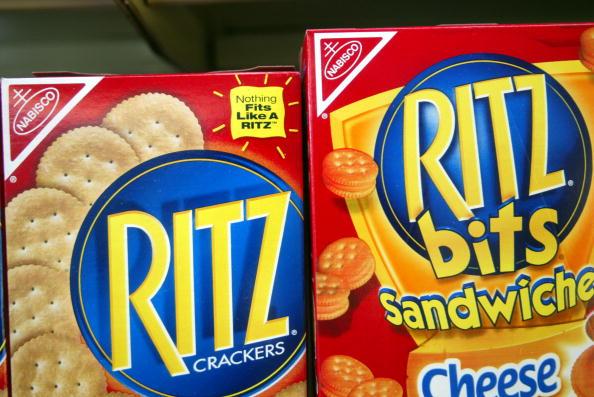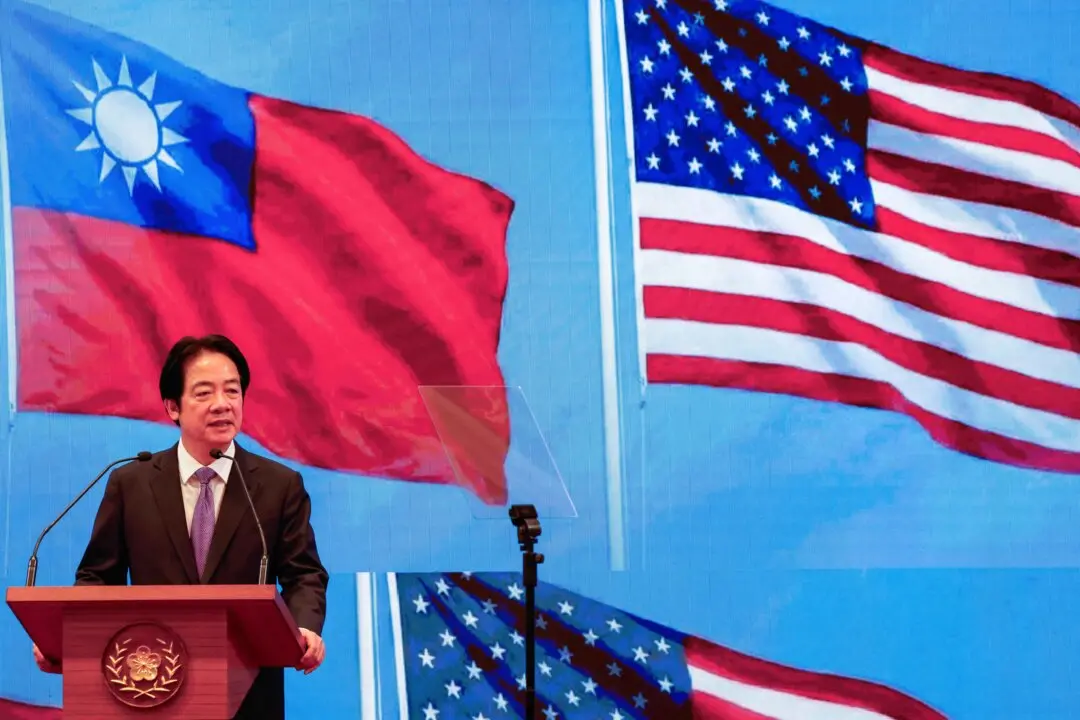China is notorious for its poor copyright protection, with one international company after another turning to Chinese courts to sue for copyright infringement. The popular U.S. brand of Ritz crackers is at the center of the lastest trademark infringement case in China.
On May 15, Dongguan Intermediate People’s Court in southern China’s Guangdong Province held a court session to hear a case filed by Intercontinental Great Brands LLC (formerly known as Kraft Foods Holdings) over the infringement of its Ritz trademark by two Chinese companies, Dongguan Changshunli Food Limited Company and Jiezhou Food Limited Company, according to a report by the state-run Dongguan Daily.




